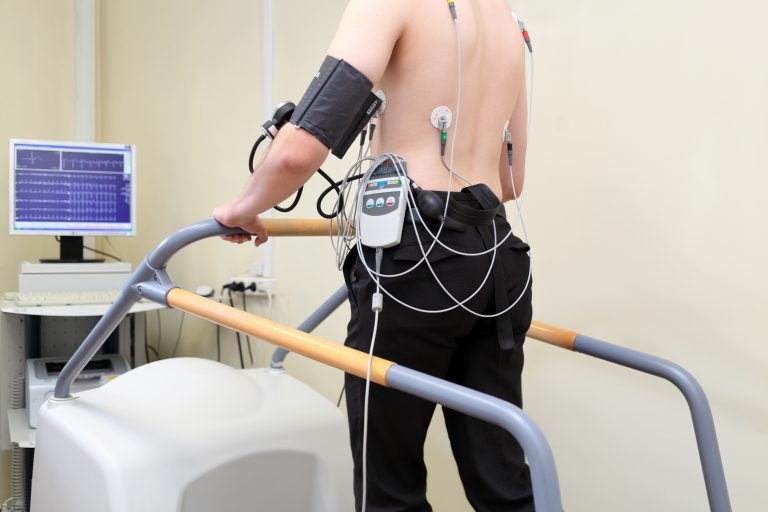Treadmill Test (TMT)
The Treadmill Test (TMT), also known as the exercise stress test, is a diagnostic procedure used to assess the heart's response to physical exertion. This test helps healthcare providers evaluate cardiovascular health, identify any underlying heart conditions, and determine the safe levels of physical activity for individuals. It is commonly recommended for patients with symptoms of heart disease, such as chest pain, shortness of breath, or abnormal heart rhythms.
During a TMT, the patient walks on a treadmill that gradually increases in speed and incline. Throughout the test, the patient’s heart rate, blood pressure, and electrocardiogram (ECG) are monitored closely. The test typically lasts around 10 to 15 minutes, and the goal is to reach a target heart rate that reflects the individual’s level of fitness. The results of the test provide valuable information about the heart’s ability to handle physical stress and can indicate the presence of coronary artery disease or other cardiac conditions.
The TMT can be performed in various settings, including hospitals, outpatient clinics, and cardiac rehabilitation centers. It is generally safe for most individuals, but certain precautions are taken for those with known heart problems or other health issues. Patients may be advised to avoid heavy meals, caffeine, and certain medications before the test to ensure accurate results.
One of the primary advantages of the Treadmill Test is its ability to simulate real-life physical activity, allowing healthcare providers to observe the heart's behavior under stress. This dynamic assessment can reveal problems that may not be apparent during a resting ECG. If abnormalities are detected during the test, further diagnostic testing may be recommended, such as echocardiography or coronary angiography, for a more comprehensive evaluation.
While the TMT is a valuable tool for assessing cardiovascular health, it does have limitations. Factors such as medications, patient anxiety, and other underlying conditions can affect the results. Therefore, it is essential for patients to discuss their medical history and any concerns with their healthcare provider prior to the test.
In conclusion, the Treadmill Test is an important diagnostic procedure that helps evaluate heart function and overall cardiovascular fitness. By monitoring the heart’s response to physical stress, healthcare providers can identify potential issues and tailor treatment plans to improve patient outcomes and encourage a heart-healthy lifestyle.
- Realistic Assessment: Simulates physical activity to evaluate the heart's response under stress, providing valuable diagnostic information.
- Safe and Non-Invasive: Generally safe for most individuals, with minimal risk associated with the procedure.
- Early Detection: Helps identify potential heart problems, enabling timely intervention and management.
- Guides Treatment Plans: Results can inform lifestyle changes and medical treatments to enhance cardiovascular health.







